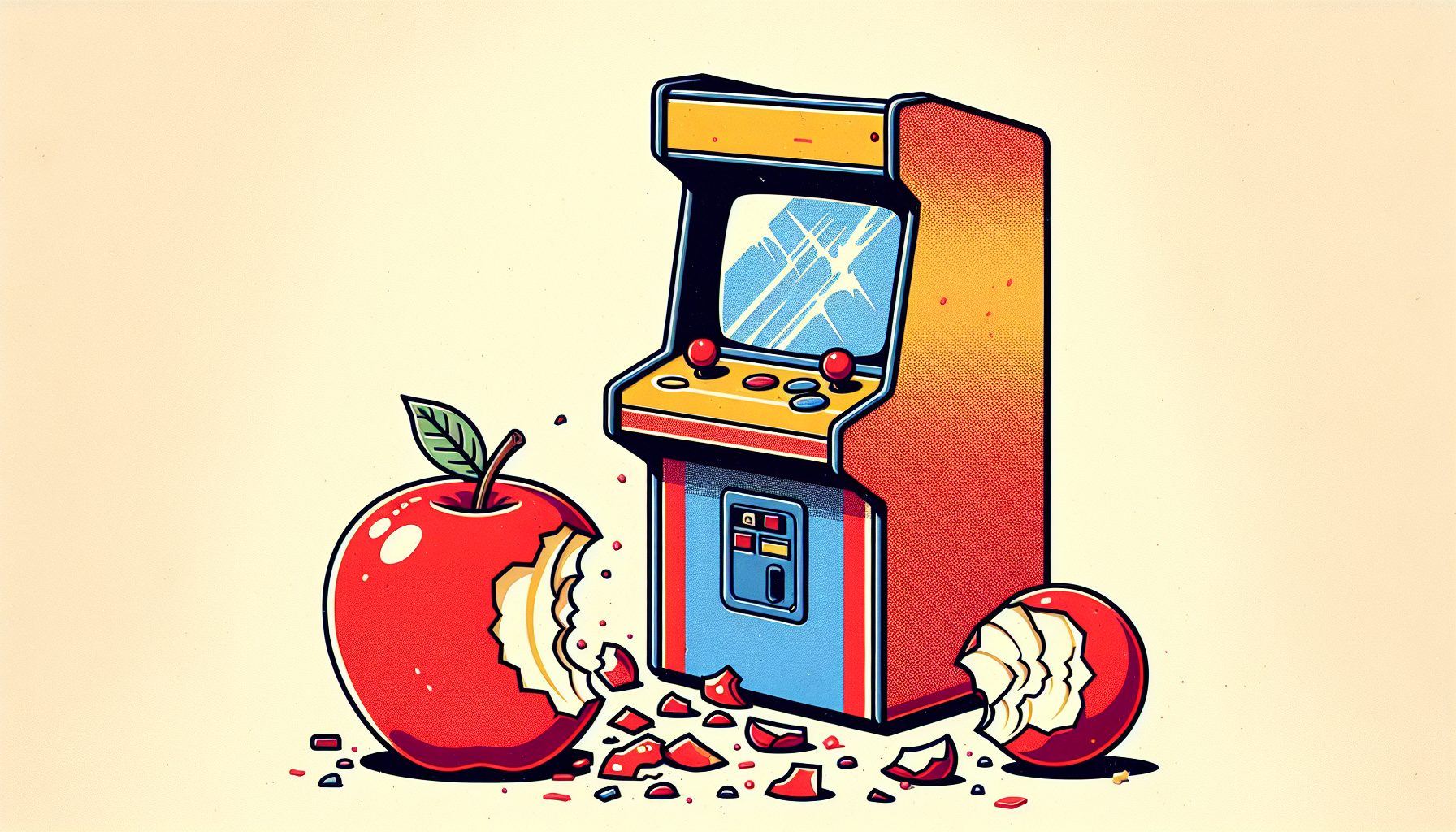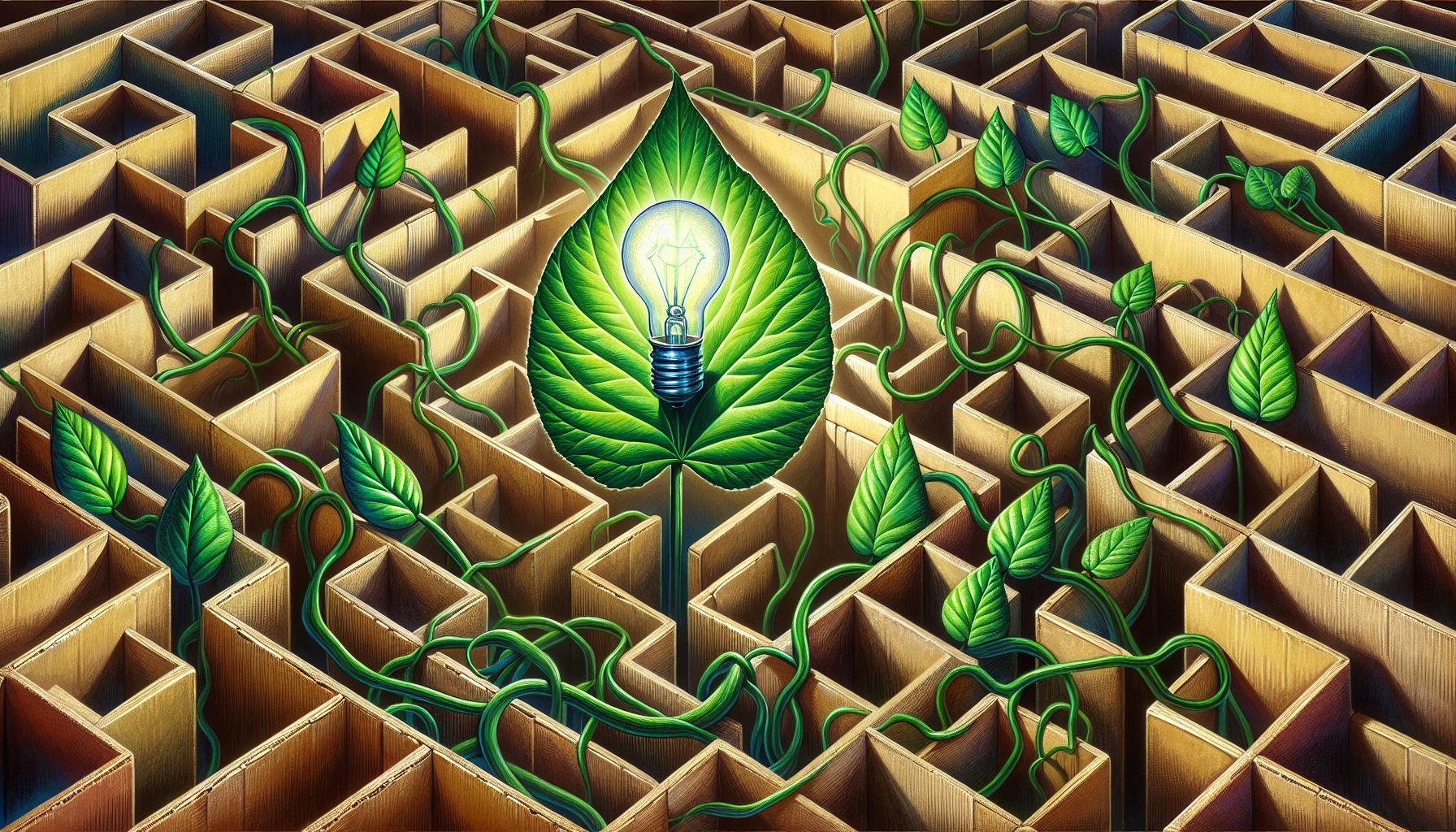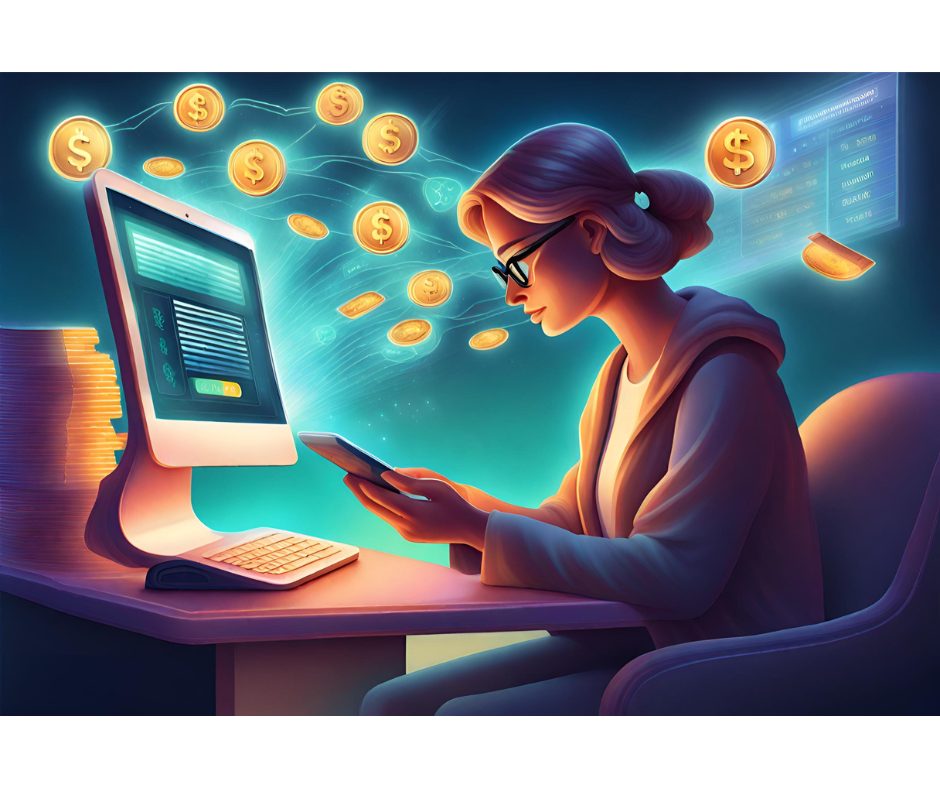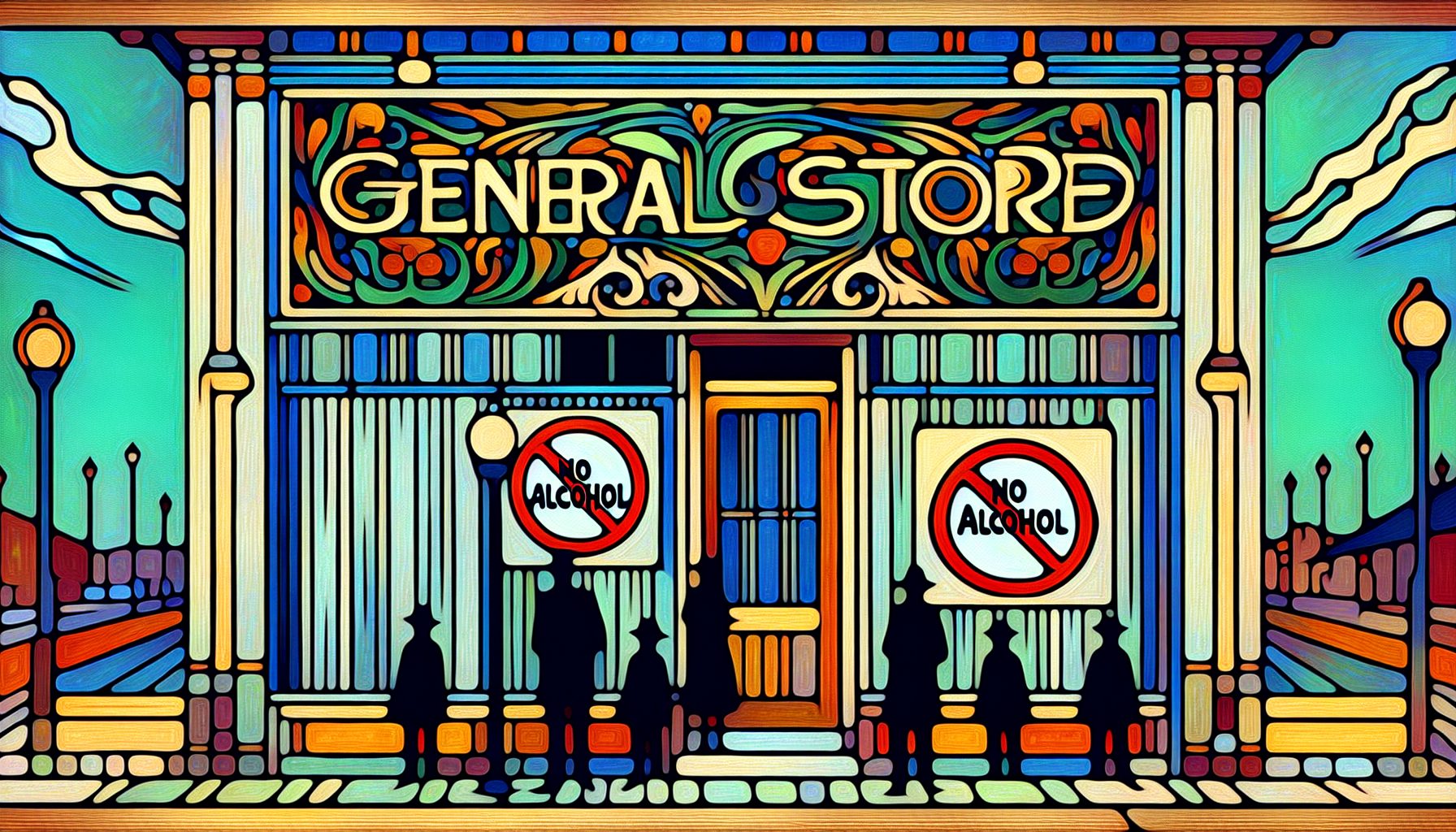Apple recently shed light on the removal of iGBA, a Game Boy emulator, from its App Store. Not the app’s features, but its dubious origins were the main reason for its discontinuation. Despite iGBA’s innovative elements, its cloudy provenance rang alarm bells for the global tech leader. This decision reflects Apple’s dedication to promoting only legitimate sources and upholding strict app validation processes, allowing users to use the App Store safely and confidently.
The iGBA app, a seeming clone of software by developer Riley Testut, was quickly removed from the App Store after its launch. The app was too similar to the software produced by Testut, with hardly any discerning features to claim individuality. The move symbolizes the utmost importance of intellectual property rights, originality, and authenticity in the app development ecosystem.
Apple clarified that it allows emulators on its App Store, so long as they only use ROMs downloaded from the internet to mimic classic console games. However, iGBA was removed due to copyright violations, not due to any potential piracy issues. This decision reinforces Apple’s position of accepting emulators as long as they do not breach copyright laws.
Broadening the realm of mobile gaming for its users, Apple’s App Store now accepts Game Boy emulation.
Apple’s stance on emulator copyright issues
Yet, details on what Apple defines as ‘retro’ and any potential additional conditions remain unknown.
Nintendo has openly labelled the downloading and distribution of unlicensed versions of their games as illegal. These unauthorized copies are referred to by the company as “ROMs”. Despite this, the company has not commented on the Apple situation.
According to Apple’s revised app review guidelines, emulator developers must ensure their software respects all relevant laws and causes no harm to Apple’s devices, services, or individual user privacy. Any violation could lead to the app’s removal from the App Store. Specifically, illegal use of intellectual property is carefully monitored within emulator apps. The developers, not Apple, bear the brunt of any legal fallout if they fail to meet these requirements. Apps that do not comply will not be authorized for distribution.
The unfolding of events, where Apple first accepted, then later removed iGBA, has initiated discussions about potential inconsistencies in the company’s internal procedures. This change, coupled with unclear communication, has led to an environment of uncertainty and concerns about the company’s decision-making policies.









